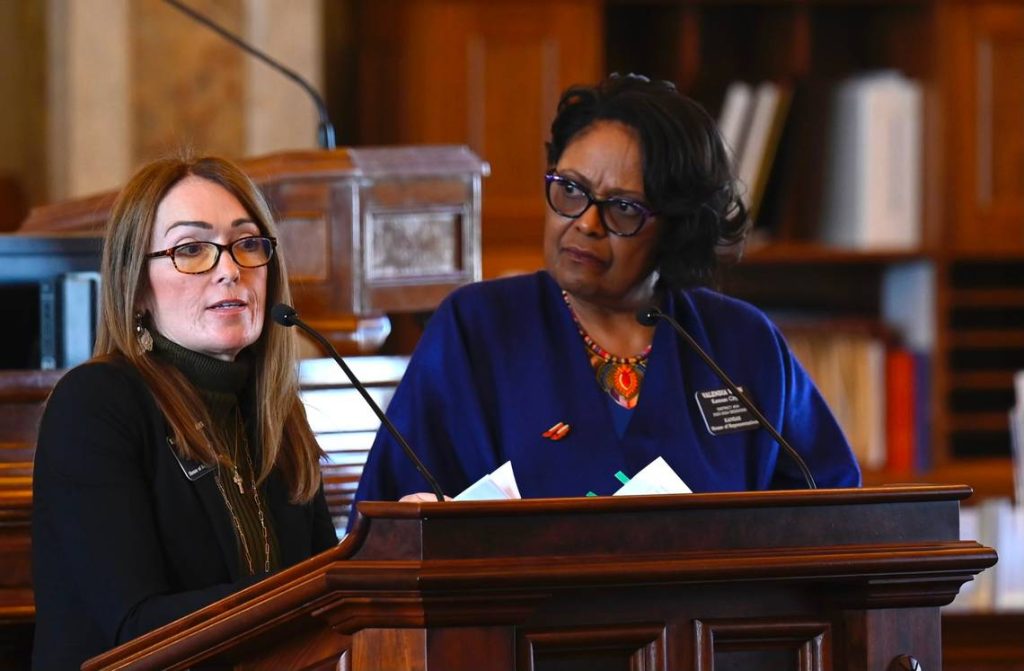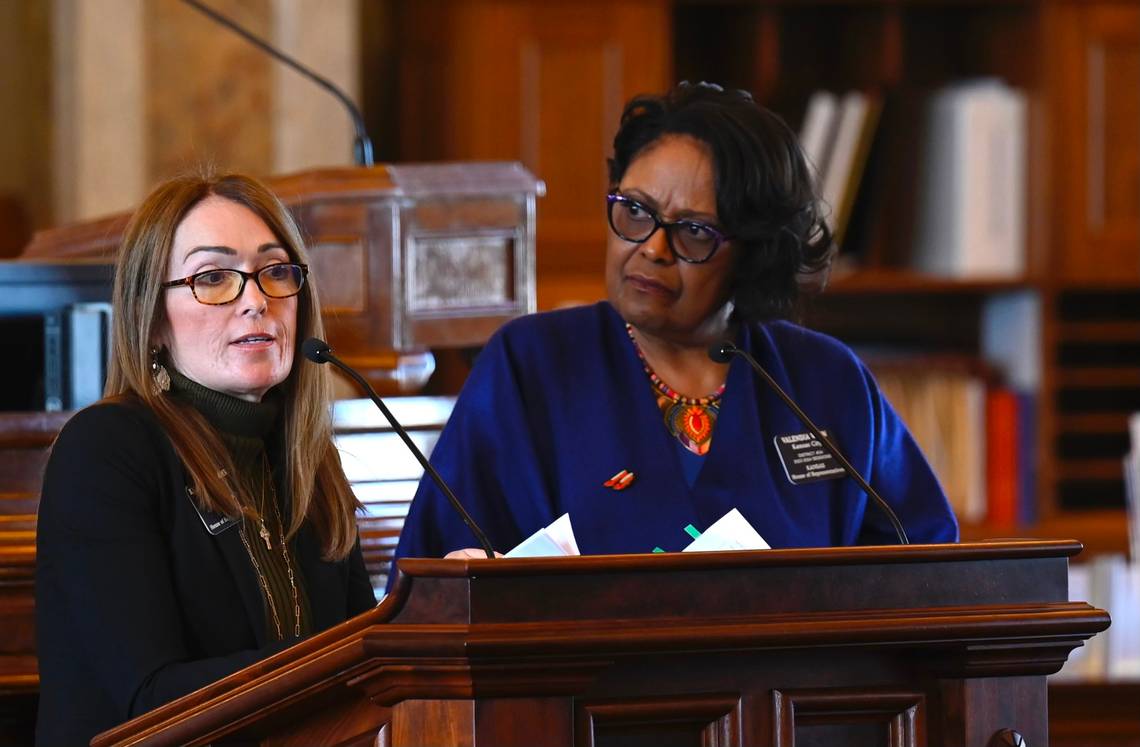The Kansas Senate recently rejected a proposed budget for K-12 schools, facing intense opposition primarily from public education groups. The proposed budget, which had earlier received narrow approval from the House, aimed to fully fund schools and allocate $77.5 million in new funding for special education. However, the budget encountered resistance due to alterations in the way the state calculates special education spending.

Public education advocates, including the Kansas Association of School Boards and the Kansas National Educators Association, opposed the measure, criticizing it as an accounting trick that fails to provide adequate funding for disabled students. They argued that the bill lacked a long-term plan for fully funding special education and relied on accounting gimmicks.
The failure of the bill means that the Legislature will likely adjourn for a weeks-long break without passing funding for public schools. In recent years, there has been a growing demand for increased special education funding, with Democratic Governor Laura Kelly proposing a substantial influx of $375 million over the next five years.
However, the bill crafted by Republicans allocated only $77.5 million in new funds while incorporating local discretionary dollars into the state’s special education spending calculation. This move, seen as a maneuver to meet spending requirements without significant funding increases, drew criticism from both Democrats and Republicans.
Some Republicans joined Democrats in rejecting the bill, expressing concerns that it would harm local school districts and could lead to underfunding of special education in the future. The alterations in the special education formula were labeled as “a shell game” by one Republican representative.
Senate Democrats also voiced their opposition, highlighting concerns about the potential negative impact on districts across the state. They argued that the bill had not been thoroughly studied and could have detrimental effects.
On the other hand, Republican proponents defended the bill, emphasizing that the funds were intended for special education students and should be spent accordingly. They aimed to ensure that special education funds are allocated appropriately and not diverted for other purposes.
The debate over special education funding in Kansas reflects broader discussions about education finance and resource allocation. As the Legislature enters a break without resolving this issue, the future of special education funding in the state remains uncertain.
